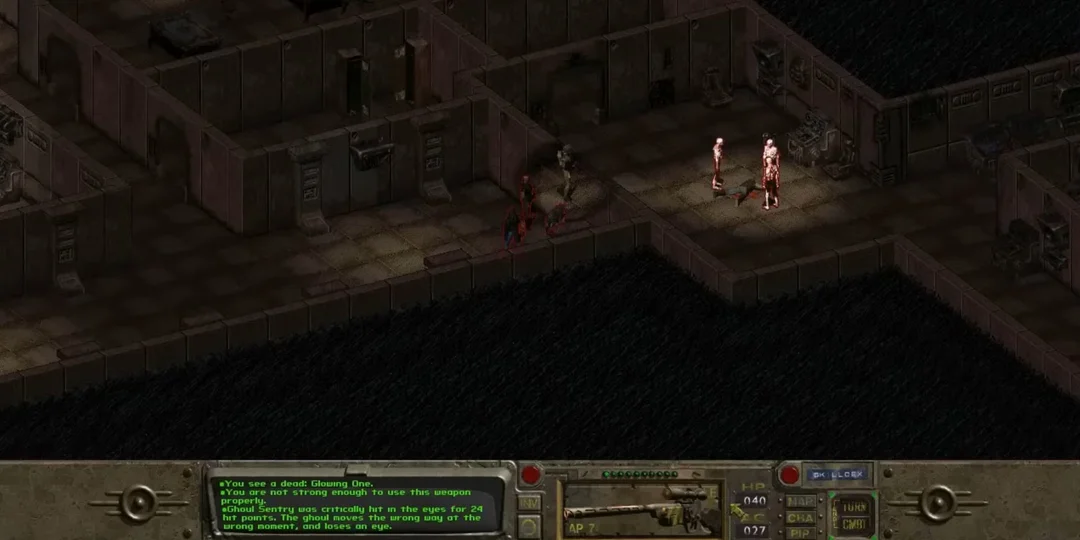
Remastering Fallout: A Daunting Task? Creator Tim Cain Explores the Challenges
The wave of remastered classics continues with titles like Oblivion Remastered leading the charge, sparking speculation about a potential return to the beloved Fallout series. While many eyes turn to Bethesda's Fallout 3 as the obvious choice, series co-creator Tim Cain has been pondering a far more complex question: What would it take to remaster the original Interplay classic?
In his latest video, Cain dives deep into the potential pitfalls of such a project, highlighting the legal, technical, and subjective hurdles that stand in the way. This isn't just about slapping a fresh coat of paint; it's about navigating a minefield of potential issues that could alter the very essence of the game.
"But there are issues once you open up that Pandora's box," he cautions. He stresses that he's not necessarily looking to take on the project himself, and that he's not sure he'd even want to attempt it: "By the time you finish this video, you may be like, 'Yes, let's never remaster Fallout.'"

Legal issues top the list, starting with the source code itself. Cain reveals that upon leaving Interplay, he destroyed all copies he had, only for Rebecca Heineman to later discover “lost” code for Fallout 1 and 2. However, even with the code in hand, technical challenges abound. The code was written using the outdated and buggy Watcom compiler, presenting a significant hurdle for modern systems.
Furthermore, the original code archive lacked sound and movie files. The programmer responsible for that code never provided the source, making extraction and conversion for a remaster a difficult endeavor. Licensing issues also loom large, particularly regarding The Ink Spots' 'Maybe.' A new deal would need to be struck, adding another layer of complexity.

Subjective issues present perhaps the most delicate balancing act. Which bugs do you fix, and which do you leave in for the sake of nostalgia? Cain raises questions about improving the AI, which could inadvertently remove elements that players have come to love, like companions shooting you in the back. "All of those are things you may want to tinker with and take out. Are these valid things to do in a remaster? Because it will change the feel of the game."
He even points out the possibility of completing the game without ever collecting the water chip, a trick employed by speedrunners. Fixing this could necessitate adding new dialogue, a challenge given the passing of Kenneth Mars, the voice of the Overseer. Options range from unvoiced lines to AI-generated mimicry, each with its own ethical and practical considerations.
Finally, visual and UI updates need careful consideration. Simply scaling assets for higher resolutions is one option, but a more comprehensive overhaul would be necessary for a truly modern experience. Tweaking the controls and inventory system to suit contemporary tastes could also be tempting, but risks altering the original feel of the game.
Cain concludes that while he'd enjoy tackling the technical aspects, the subjective side will inevitably lead to passionate debate. "Whoever has to remake this game is going to understand that some of those discussions are going to turn to arguments."
Remastering a classic like Fallout is clearly a complex undertaking, filled with potential pitfalls and philosophical debates. Do you value authenticity above all else, or are some modernizations essential for bringing the game to a new audience? Share your thoughts in the comments below!